New Scientist covers the latest developments in science and technology that will impact your world. New Scientist employs and commissions the best writers in their fields from all over the world. Our editorial team provide cutting-edge news, award-winning features and reports, written in concise and clear language that puts discoveries and advances in the context of everyday life today and in the future.
Elsewhere on New Scientist
OCD is no joke • We need to change how we talk about obsessive-compulsive disorder
New Scientist
Getting up close with Mercury
Why has the Atlantic hurricane season been suspiciously quiet so far?
Smart speakers could help crack crimes • Information on recognised faces and internet searches can be extracted from an Amazon Echo
The many reasons sharks take a leap out of the water
Sweat monitor reveals if you are exercising too hard
The day a surprise asteroid hit Earth – harmlessly
Jet stream shift is under way • Climate models have been predicting that global warming could send crucial wind patterns polewards and we are now seeing signs this has started, reports James Dinneen
Bacteria can anticipate the changing seasons
Are humanoid robots the future of space exploration? • James Woodford pulls on a control headset and takes NASA’s impressive Valkyrie robot for a spin to find out
Experimental mRNA vaccine could help fight mpox
Brain network linked to depression • A network of neurons in the brain seems to be larger in people with depression, which could change how we think about the condition’s causes, says Carissa Wong
Bat die-off led to more insecticide use and rise in infant deaths in US
We finally know exactly how dark it is in deep space
Greenland’s mysterious early culture • On a recent expedition, researchers braved summer storms in northern Greenland to learn the secrets of the ancient peoples who lived there 4500 years ago, reports Becky Ferreira
Did collision with a huge asteroid knock Ganymede askew?
Lab-grown stem cells could be a breakthrough for cancer therapy
Google takes a quantum leap • A breakthrough from Google means quantum computers could now make fewer errors as they get bigger. This could pave the way for the machines to solve useful real-world problems, says Matthew Sparkes
Most detailed map of uterine lining yields clues about endometriosis
Wild bees find a home in the sandy sidewalks of Berlin
Something wicked… • From serpents to zombie pathogens, there is science behind our love of monsters – and it tells us a lot about ourselves, says Natalie Lawrence
Future Chronicles • Feeding the world We travel to the early 2030s, when a technological step change enabled us to produce all the food we needed without the use of animals. Rowan Hooper is our guide
Going deeper
Race to the top • How have AI models like ChatGPT changed the world, and who were their architects? A riveting new book takes an inside look, says Alex Wilkins
The power of the dog • What is it like to be a dog? And what can we learn from them? A philospher’s take is full of insights, finds Abigail Beall
New Scientist recommends
The film column • A new sense Neil Harbisson was completely colour blind, but after a sound generator was attached to his skull, he could “hear” colour. Cyborg: A documentary tells his story, but could have used more bite, says Simon Ings
Your letters
Rethinking OCD • Fresh insight into what causes obsessive-compulsive disorder is paving the way to new treatments, discovers Anthea Rowan
OCD brain networks
Do microbes cause OCD?
The ultimate timepiece • The most precise clock ever built could transform our...
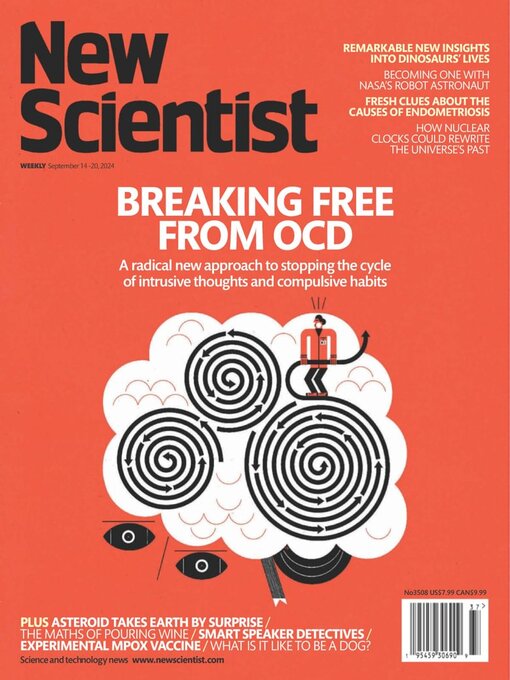
 Jan 04 2025
Jan 04 2025
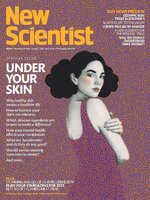 Dec 28 2024
Dec 28 2024
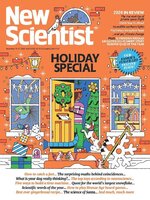 Dec 14 2024
Dec 14 2024
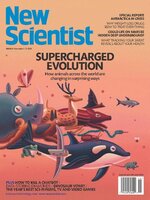 Dec 07 2024
Dec 07 2024
 Nov 30 2024
Nov 30 2024
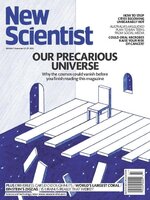 Nov 23 2024
Nov 23 2024
 Nov 16 2024
Nov 16 2024
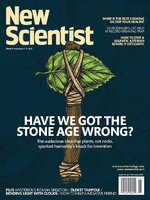 Nov 09 2024
Nov 09 2024
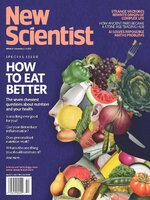 Nov 02 2024
Nov 02 2024
 Oct 26 2024
Oct 26 2024
 Oct 19 2024
Oct 19 2024
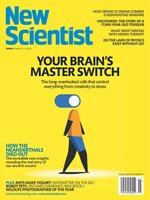 Oct 12 2024
Oct 12 2024
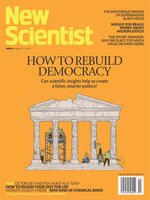 Oct 05 2024
Oct 05 2024
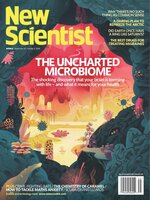 Sep 28 2024
Sep 28 2024
 Sep 21 2024
Sep 21 2024
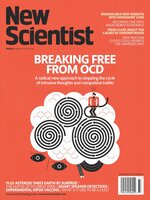 Sep 14 2024
Sep 14 2024
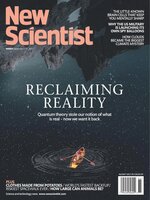 Sep 07 2024
Sep 07 2024
 Aug 31 2024
Aug 31 2024
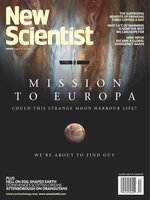 Aug 24 2024
Aug 24 2024
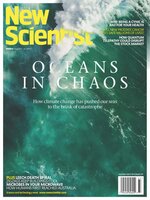 Aug 17 2024
Aug 17 2024
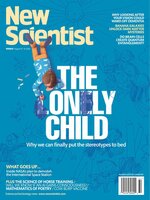 Aug 10 2024
Aug 10 2024
 Aug 03 2024
Aug 03 2024
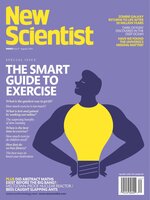 Jul 27 2024
Jul 27 2024
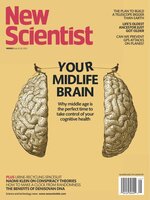 Jul 20 2024
Jul 20 2024
